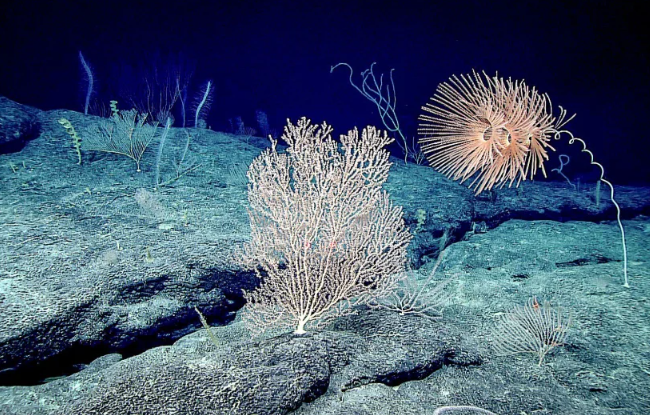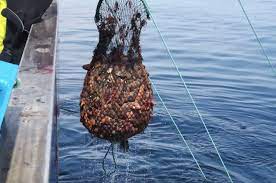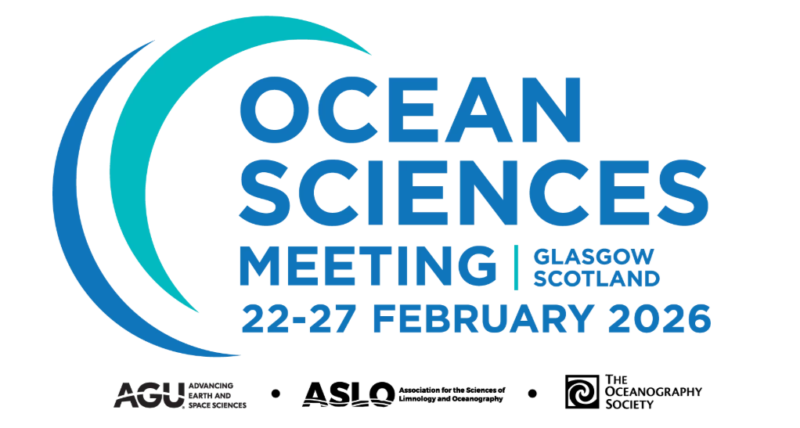The assembly of the International Seabed Authority (ISA) concluded on Wednesday without reaching an agreement on an urgent call by several countries, scientists, and environmental groups for a moratorium on deep-sea mining. The United States, for its part, announced an agreement with the Cook Islands that could accelerate the launch of the industry—led by a Canadian company.
Despite more than a decade of negotiations over a so-called “mining code”—meant to regulate the exploitation of mineral resources found in some of the last untouched ecosystems on Earth—the ISA failed to reach an agreement amid deep political divisions.
Among the 168 member states of this UN body, 38 support maintaining a moratorium on seabed mining for the coming years. Canada is among these countries—backed by scientists and environmental organizations—arguing that the environmental risks are still too poorly understood to greenlight extraction in the oceans.
Others are pushing for the adoption of rules for international waters—a step now delayed until at least 2026—that would allow companies with existing exploration licenses to move into the exploitation phase.
The ISA has already granted more than 30 exploration contracts, each valid for 15 years, to various companies. These licenses cover international waters in the Pacific Ocean, Atlantic Ocean, and Indian Ocean. But one area, in particular, is attracting intense interest: the Clarion-Clipperton Zone, a vast region of the Pacific west of Mexico. More than 1.2 million square kilometers in this zone are currently under active permits held by 16 different contractors.
These contractors are the ones pressuring the ISA to impose « artificial deadlines », despite the scientific uncertainty, according to Surangel Whipps, President of Palau, an island nation in the Pacific. His position was echoed by the Deep Sea Conservation Coalition, which once again called on Wednesday for maintaining the moratorium to prevent “severe environmental damage.”
“Are we prepared to lie to our children—to claim, for instance, that deep-sea mining contributes to the green transition, or to deny the fact that the socio-economic consequences for our coastal populations would be disastrous?” asked Olivier Poivre d’Arvor, France’s Ambassador for the Oceans, at the opening of the ISA discussions in late July, urging countries not to commit the irreparable.
Experts from the Deep Ecosystem Studies Unit at the French Research Institute for the Exploitation of the Sea (IFREMER) have already issued warnings about the potential impacts of this industry: habitat destruction, sediment plumes, noise, vibrations, resuspension of sediments, and the release of toxic compounds that could travel vast distances.
Not to mention the broader risk of disrupting the overall health of the oceans, which absorb a significant share of greenhouse gas emissions caused by our dependence on fossil fuels—and produce more than half of the oxygen essential to life on Earth.
Source: ledevoir




